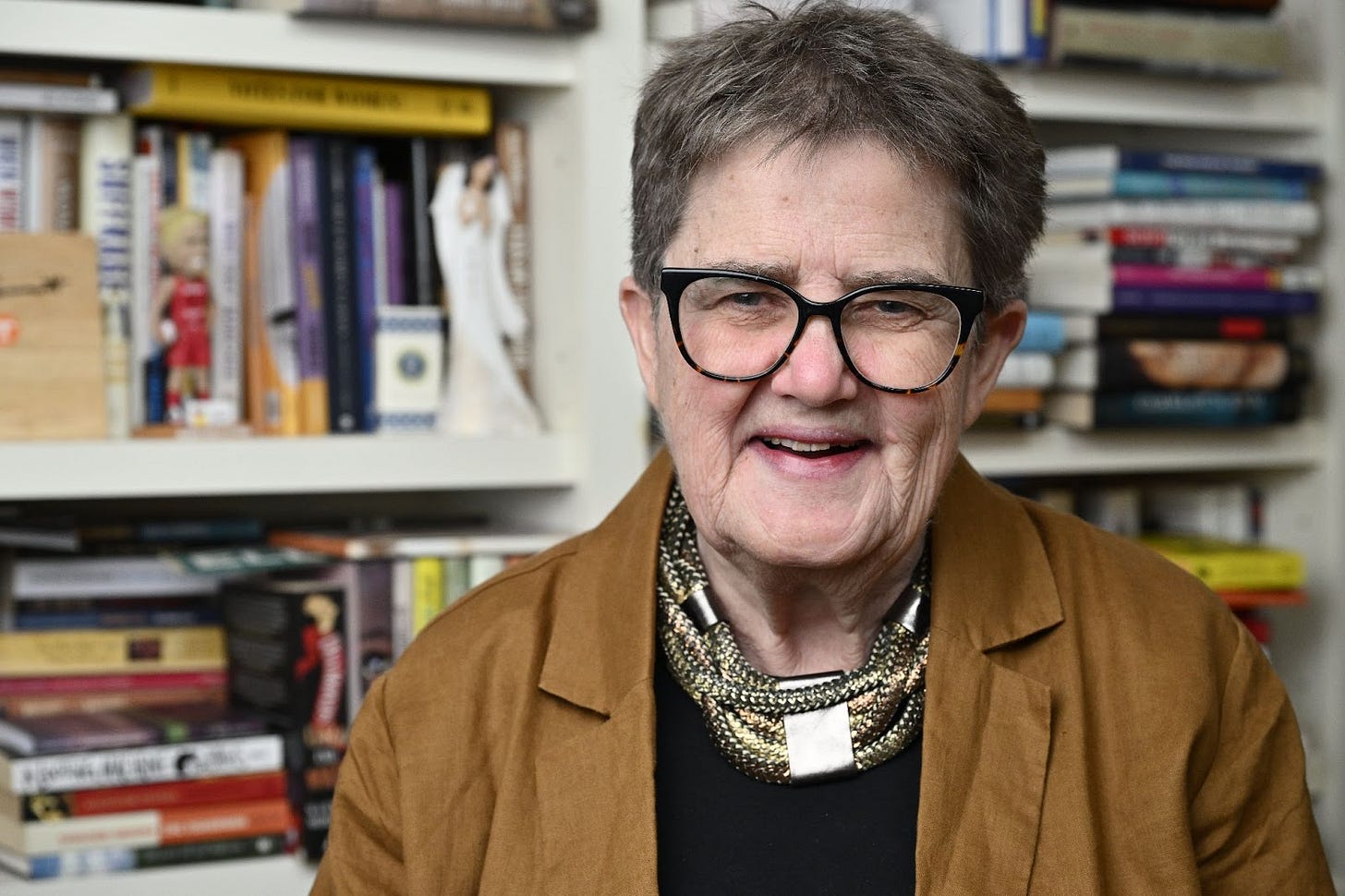Allida Black Named 2024 Lewis L. Gould Award Winner
Historian 'busts' the stereotype that confined Eleanor Roosevelt and documents Hillary Clinton’s extensive historical record.

When Allida Black first began her scholarly work on former First Lady Eleanor Roosevelt, it was Historian Lewis Gould, she says, who understood exactly what she aimed to accomplish.
At the time, Black was interested in the policies that America’s first ladies supported and influenced over the women’s social and public roles. It was the presidential spouse’s work behind the scenes that shaped policies affecting Americans’ everyday lives and promoted security around the globe that drew her in.
“And [Gould] did not laugh at that,” Black tells East Wing Magazine in a phone interview Monday. “He really stood beside me and supported me as I tried to bust the stereotypes that confined Eleanor Roosevelt into the most sexist category possible, which was a woman of sorrow who turned to the world because she was heartbroken at home–…



